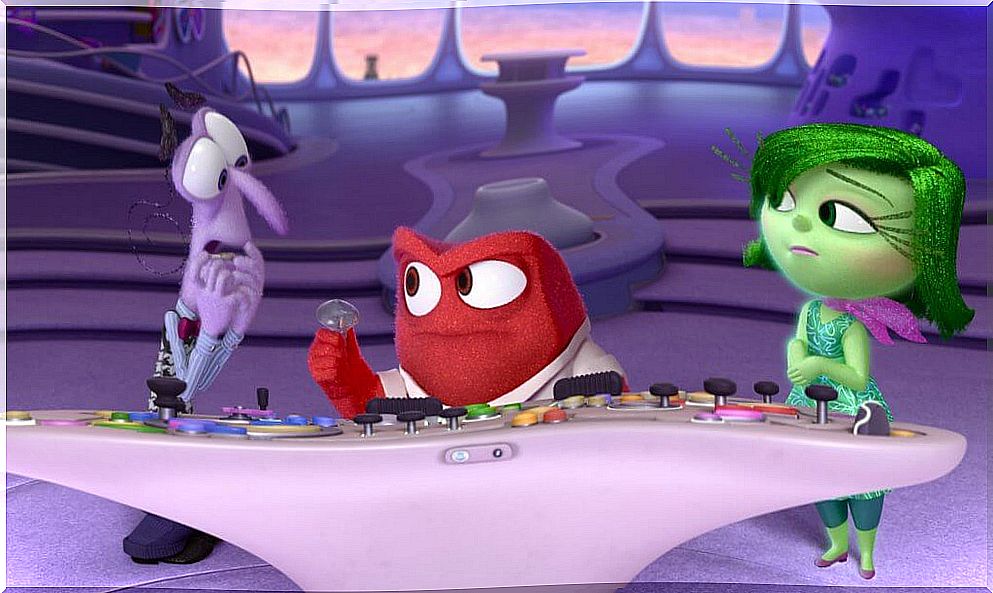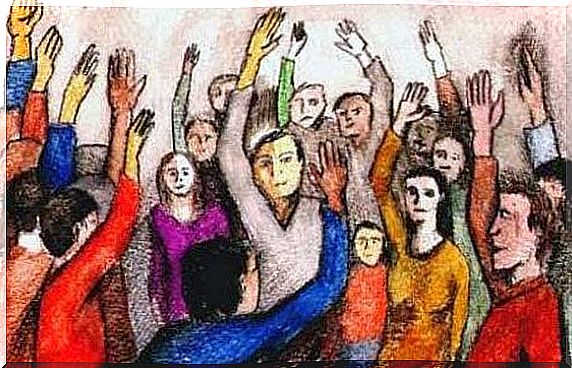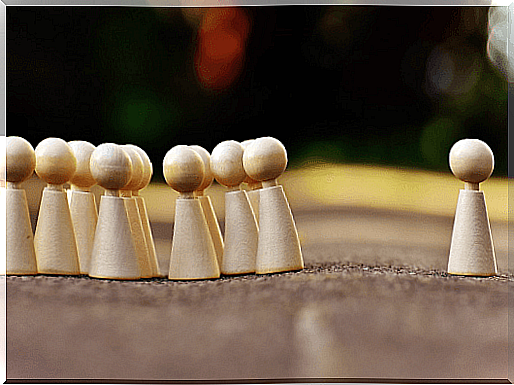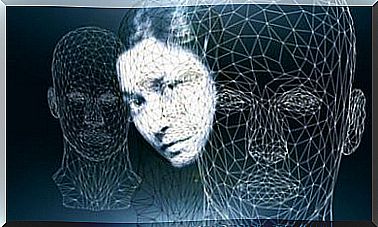Emotions That Make Us Violent

Emotions precede behavior. They initiate physiological landmarks and mental structures that help bring memories together. But, more importantly, emotions act as motivators of human behavior.
Emotions lead us to behave in different ways, even violently. There are emotions that make us violent. Rather, an emotion does not make us violent, it is the combination of emotions that can lead us to use violence.
Commonly, emotions are understood as a psychophysiological reaction that people experience individually. But thanks to empathy we can spread emotions and make other people feel the same. This also happens at the group level. A group can feel the same emotion; they may feel guilty or angry at another group. This is the starting point for understanding the emotions that make us violent.
ANCODI hypothesis
The ANCODI hypothesis, whose name comes from the English translation of three emotions: anger, contempt and disgust, indicates that the mixture of these three emotions can lead us to use violence. Hostility and violence are the result of blaming hatred, anger.
Emotions can be conveyed through narratives and become a way to promote group emotions. For example, hate speech against a minority group or a group considered to be an enemy.

The ANCODI hypothesis suggests that some past event, or historical narrative, produces outrage and therefore anger. These events are re-evaluated from a position of moral superiority of the group and, therefore, the moral inferiority of the other group, which implies that there is contempt. The other group is evaluated as a separate group, a group to be avoided, rejected and even eliminated. Which is achieved through disgust.
Thus, the emotions that make us violent follow a three-sentence process that is described below.
Anger-based indignation
In a first phase, anger appears. Anger is an emotion that is expressed through resentment and irritability. Outward expressions of anger can be found in facial expression, body language, physiological responses, and at times in public acts of aggression. Uncontrolled anger can negatively affect quality of life.
At first, certain events lead to perceived injustice. These events lead to a search for a culprit, which can be a person or a group. In these cases, it is often perceived that the culprit threatens the well-being of our group or our way of life. Thus, these interpretations are charged with anger that is directed towards the culprit.
Moral superiority based on contempt
In the second phase, contempt is added, which is an intense feeling of disrespect or recognition and aversion. Contempt supposes the denial and humiliation of the other, whose capacity and moral integrity are questioned. Contempt implies a feeling of superiority. A person who has contempt for another looks at him with condescension. The despised person is considered unworthy.
The groups begin to reinterpret the anger-provoking situations and events identified in the first phase. This assessment of events is made from a position of moral superiority. Which implies that the guilty group is considered morally inferior. Which, in turn, leads to contempt for that group.

Disgust based removal
In the last phase, disgust appears, which is a basic and primary emotion caused by the perception of pollution or the agents of disease. It is universal, not only in its signal properties, but also in terms of its elicitors. Similar things disgust us around the world, like rot. Disgust is a moral emotion that is often used to sanction people’s moral beliefs and behaviors.
In this phase, another evaluation of the events occurs again and a conclusion is reached. Such a conclusion is very simple, it is necessary to distance yourself from the guilty group. Another possibility, stronger, is that the conclusion is that it is necessary to eliminate this group. This is a more extreme form whose ideas are promulgated by the emotion of disgust.
As has been seen, the combination of these three emotions can have disastrous consequences. These emotions that make us violent tend to distorted perceptions that lead us to wrong conclusions. And, ultimately, hostile behavior. Therefore, a regulation and understanding of emotions such as that provided by emotional intelligence is essential.









